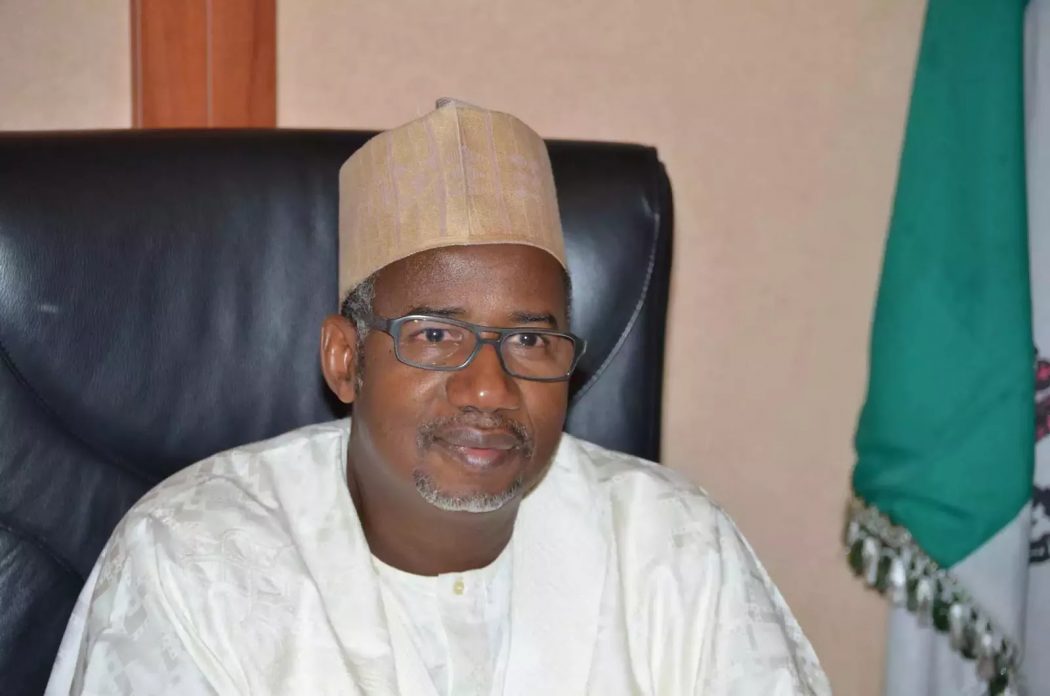The Bauchi State Government has said that the disagreement on who should collect Value Added Tax, VAT, between the Federal Government, Rivers, and Lagos states affected its projections in the budget proposal for 2022 fiscal year.
This was disclosed by the state Commissioner for Budget and Planning, Alhaji Aminu Hammayo, while briefing journalists at the Government House, Bauchi, shortly after the State Executive Council, SEC, adopted a budget proposal on Friday, November 12, 2021.
According to him, while considering the proposed budget, the SEC took into consideration the VAT war, adding that this had an impact on the state’s projections for the 2022 fiscal year.
Hammayo said it was decided that the state government would only award new projects where they were absolutely necessary, adding that the state priority for next year was to complete all ongoing projects across the state.
“The fight between the Federal Government and Rivers/Lagos as to who is responsible for collecting VAT was taken into consideration and that has affected our projection.
“We have also defined what our priorities are. Our focus is to try to complete every project that has been started. New projects will only be considered where they become absolutely necessary,” Hammayo said.
The commissioner said that the state governor, Senator Bala Abdulkadir Mohammed, would present the proposed budget before the Bauchi State House of Assembly next week.
While refusing to disclose the state’s budget estimate for the next fiscal year, the commissioner disclosed that the SEC put a lot of things into consideration before finally arriving at the proposed budget.
According to him, the state-based its 2022 budget proposal on the assumption of the country producing 1.9 million barrels of oil per day and a benchmark of $57 per barrel.
“We will look at those things that we consider critical to guide us in the budget. While it would be premature to state the amount of the budget at this stage, we considered a lot of things in arriving at our projections as to the proposed budget.
“We based our assumptions on the oil production benchmark at 1.9 billion barrels per day. We also assumed that the crude oil price would remain at $57 per barrel,” the commissioner disclosed.







